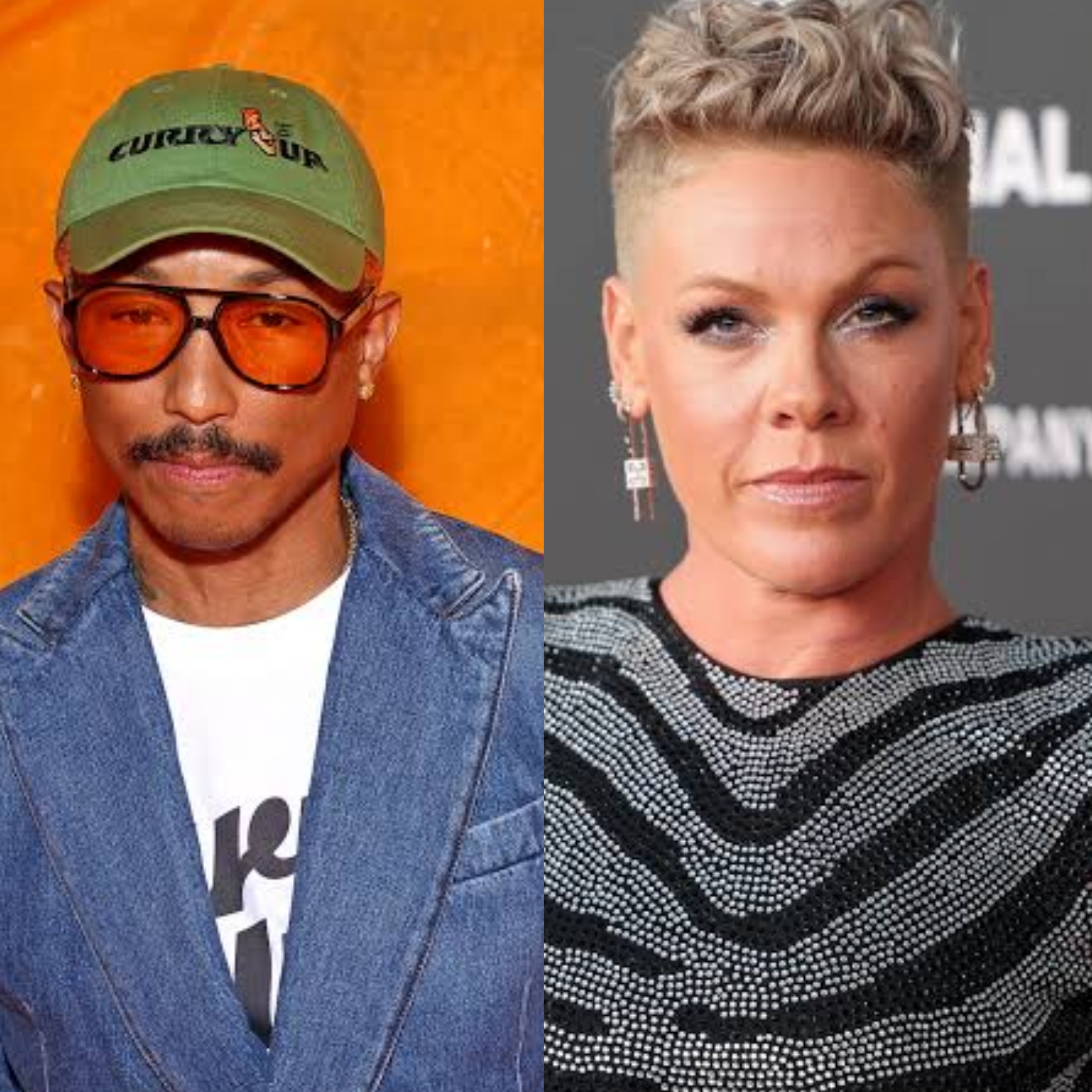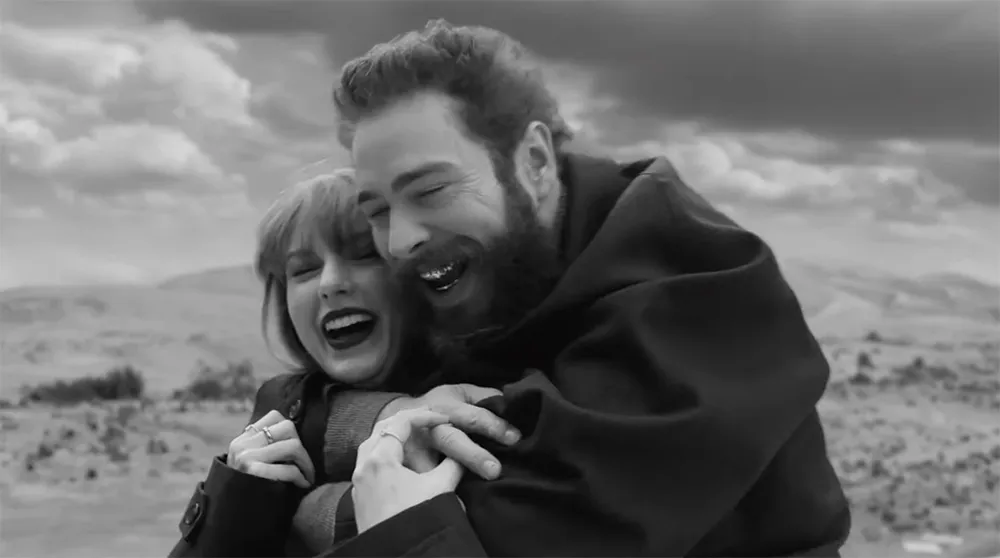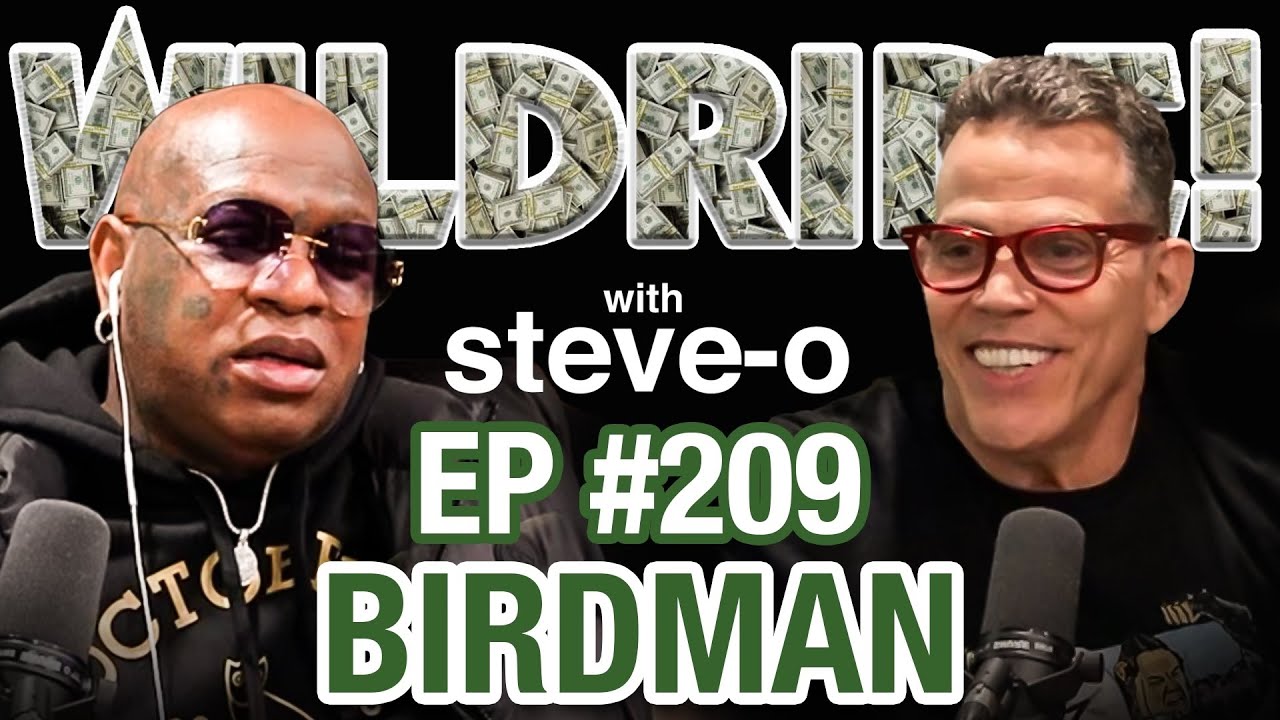Omah Lay “Boy Alone” Album Review

Boy Alone
Omah Lay
- Genre: Afrobeats
- Date: 15 Jul, 2022
- Content: Not-explicit
- Region: NGA
- Track(s): 14
- ℗ 2022 KeyQaad
A 23-year-old performer with honey-toned vocals first caught the attention of fans of Afropop in 2020. Nearly little was known about him other than that he was a part of the vibrant Port Harcourt scene. But despite its many flaws, the music was undeniably appealing, with a sweet voice and acute songwriting serving as its guides. In the most depressing period of his shared history, “Bad Influence” and “You” created the myth of Stanley Omah Didia and thrust him in front of an attentive generation of love-deprived people.
To his credit, Omah Lay began his breakthrough year with ‘Get Layd,’ a record brimming with enjoyable sonic combinations. “Damn” went on to become a significant hit. At the same time, “Lo Lo” and “Ye Ye Ye” buffered the earlier pair of singles. His emo-heavy subjects appeared inspired by R&B, yet the musician nonetheless included the pulsing of Port Harcourt’s social life into his style.
Omah Lay stands out in his class because of these characteristics, and his willingness to publish projects is even more admirable. “What Have We Done?,” his sophomore EP from November of that same year, may not have garnered as much immediate cultural cache as his first two albums. Even so, the endeavor confirmed the rising superstar’s exceptional capacity to touch the core of his being directly and without editing, producing a hit as enormous as “Godly.” That quality might best be described as raw, but Omah Lay achieves finesse by sketching where another artist might overtly paint.
Album Art
The album art shows an aerial or bird’s-eye view of Omah Lay lying on the purple background floor. At the same time, several people are seen walking away from him, suggesting that he is content on his own and has reached a point where the noise and razzmatazz are no longer entertaining him. In it, the album’s title is explicitly interpreted, as Omah Lay comes to terms with the fact that he is a “Boy Alone” as he looks for succor and solace.
Tracks And Features
The first track on the 14-track album is hopeful. He begins “recognize,” limiting the runtime to a minimum as he fluently enters “I,” with the words “Only the real fit recognize/ Only the ship wey believe e no go capsize.” Then, even more conscious of his toil, he uses the song’s winding second verse to call for more freedom and a call to “dance from night till morning.” The album’s slightly confrontational tone is formed by the delicate but incredibly affirming sounds that precede it.
Songs like “Temptations” and “Never Forget” continue supporting his memory commitment. It makes sense that someone who has experienced combat would have mental scars that, if pricked, could trigger a flood of memories. The former remembers how his destructive lifestyle punished her tenderness and ebbs toward a lover. He sings with affectionate clarity, “In all of these temptations wey dey inside my life, you still hold me strong,” further portraying her unwavering love while illuminating scenes of him falling behind with his own family. Given how closely its course mimics life, it’s a vulnerable portrayal many young guys would be familiar with, as many references this “lover” to cannabis.
“Never forget” shifts the focus outward, placing Omah Lay as a group observer. Though the mood is unmistakably melancholy and contains elements of the rampant oil-related violence in his native South, there is still a hint of the groove in the keys.
He introduces himself in the opening line by referencing his Marine Base in Port Harcourt and stating, “I know love is war.” The choruses of “I’ll never forget,” which make up the song’s bridge, come before a slight tempo change, with the percussion picking up speed as Omah Lay begins his second verse and introduces an intriguing rhyme scheme. He acknowledges that his knackering began “long before Michael Jackson sang Billie Jean,” and he states in his closing lines, “my eyes don see the things, ordinary person like you no go believe it/It’s why I’m cold and shivering; so I hide my pains, my blow, my misery.”
Omah Lay weaves some harrowing incidents throughout “Boy Alone.” The celebration that is typically found in African music is there in between. However, there is always some ambiguity present. The most impressionistic piece in this sub-category, “I’m a Mess,” harshly evaluates the artist’s mental health. He argues for his fame (“How many million do I make a living?”), but he is aware that it is ultimately a façade that will come off once he is alone and confronted by his old demons. On “How to Luv,” he is open about his desire to live in the present and fall in love. But even then, he still wears the mask when he says, “But I no believe say you go fit to handle my concerns,” and then adds, cheekily, “I get the spirit of ashewo.”
The last track released as a single before the album dropped, “Woman,” is modest and uses metaphors like rubber bands to allude to various degrees of closeness.” bend you” is particularly cocky in its brazenness: a few lines in Omah Lay sings about liking pants from River Jordan and other places, creating a humorously clever aphorism when he sings, “I hit that pussy motor accident/Road wey lead to a happy ending, e no dey hard to kill a person.” Such writing brings to mind “Ye Ye Ye,” which supports the concept of Omah Lay as one of the better descriptors of wildly fantastic coitus.
It’s crucial to remember that Omah doesn’t just want to have intercourse. The tandem of “Safe Haven” and “So-So” are adept conduits for his unrestrained honesty, and those minutes are a pleasant escape from the chains of his depression. Tay Iwar gives “tell everybody” his distinctively feathery touch, yet even then, his host continues down the sexy route. They are the sole guests on the project, aside from Beiber on “Attention,” adding to the lived-in viewpoint of “Boy Alone.”
In the album’s final song, “purple song,” the superstar runs over an outline of potential places for splits while pleading with his beloved not to let him leave. Instead, he sings with calm conviction, “Only my water fit cool your soul,” skillfully incorporating a sexual allusion.
Tracklist
| NO | TITLE | ARTIST |
| 1 | recognize | Omah Lay |
| 2 | i | Omah Lay |
| 3 | bend you | Omah Lay |
| 4 | woman | Omah Lay |
| 5 | i’m a mess | Omah Lay |
| 6 | temptations | Omah Lay |
| 7 | understand | Omah Lay |
| 8 | never forget | Omah Lay |
| 9 | safe haven | Omah Lay |
| 10 | attention | Omah Lay & Justin Bieber |
| 11 | soso | Omah Lay |
| 12 | how to luv | Omah Lay |
| 13 | tell everybody | Omah Lay & Tay Iwar |
| 14 | purple song | Omah Lay |
Album Summary
Another wonder-inspiring voice is Omah Lay’s. It adopts a lithe and formal form in default mode. But he can bend it into anything else, whether as a sultry seducer (“bend you”), a weepy R&B adherent (“temptations”), or a rap-leaning wordsmith (“never forget”). The delivery of Omah Lay is not one of the many things that can be predicted. The subtlety of his Ikwerre-influenced adlibs, which frequently make up the most memorable parts of a record, is not revealed when reading his lyrics aloud. Instead, they are displayed through their unconventional structures.
‘Boy Alone’ is unquestionably a standout debut record. One of Nigeria’s first mainstream albums to examine mental health issues on this scale, every component works together to create a magnificent whole. Omah Lay has always stood out since the release of “Do Not Disturb” in 2019, and with these fourteen songs, he does it even more apparent. Two years ago, he captured the attention of an entire generation, and today, he closely resembles their mental and emotional reasons. But ‘Boy Alone’ is a piece of personal art. It’s as intimate as the title implies, and Omah Lay may have produced a great Afropop album by drawing inspiration from the wide-ranging particulars of her young life. Over time, it will be determined whether that assumption is valid.
Stream
-
Omah Lay - recognize (Official Audio)
-
Omah Lay - i (Official Audio)
-
Omah Lay - bend you (Official Audio)
-
Omah Lay - woman (Official Music Video)
-
Omah Lay - i'm a mess (Official Music Video)
-
Omah Lay - temptations (Official Audio)
-
Omah Lay - Understand (Official Music Video)
-
Omah Lay - never forget (Official Audio)
-
Omah Lay - safe haven (Official Music Video)
-
Omah Lay & Justin Bieber - Attention (Official Music Video)
-
Omah Lay - soso (Official Music Video)
-
Omah Lay - how to luv (Official Audio)
-
Omah Lay - tell everybody (feat. Tay Iwar) (Official Audio)
-
Omah Lay - purple song (Official Audio)



































